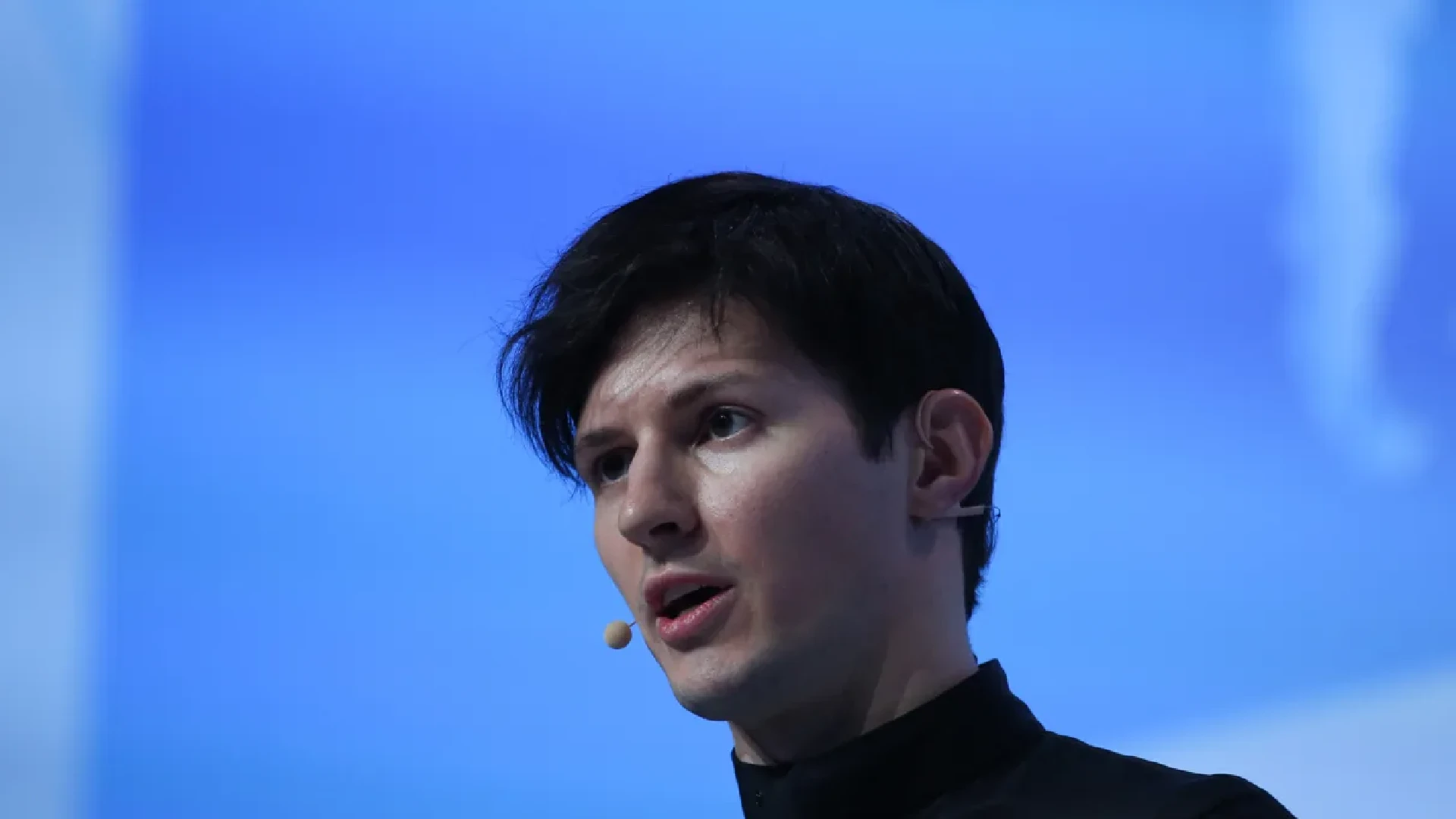Telegram’s founder has addressed the topic of privacy. We’re more confused than ever.
On Monday, Pavel Durov, the founder and CEO of Telegram, posted an account of his history of protecting user data from the Russian government. Toward the end of the post, he says, “I will stand up for our users no matter what. Their right to privacy is sacred. Now more than ever.”
He also tweeted a link to the post in which he said that he had no regrets about standing up to the government in the past and that he would “do it again without hesitation.”
9 years ago I defended the private data of Ukrainians from the Russian government — and lost my company and my home. I would do it again without hesitation. https://t.co/GUFCjbqDc5
— Pavel Durov (@durov) March 7, 2022
However, Durov doesn’t provide any assurance that Telegram’s user data is secure on either Telegram or Twitter. It’s possible that there is a translation issue at play: Durov speaks both Russian and English, so perhaps he used a tool like Google Translate to compose the post. But taking his posts at face value, the statements “I stand for our users” and “their right to privacy is sacred” are not the same thing as an unequivocal promise to not hand over data to the Russian government, nor are they an assurance that user data is safe from hacking and leaks.
He writes that in the early 2010s, the Russian government pressured him to hand over the data of Ukrainians opposing the Russia-friendly Ukrainian leader at the time. Durov is the founder of VK, the largest social network in Russia. Durov refused, and ended up losing control of VK and fleeing the country (he’s currently a French citizen). Today, VK is controlled by the state.
A few years later, he created Telegram, a platform that allows one-to-one and group messages and public “channels” through which people can broadcast news and views, which acts as a forum. In 2018, the Russian government moved to shut down Telegram, but ended up dropping the initiative in 2020. Today, it’s Russia’s second largest messaging platform after WhatsApp, with 38 million monthly active users in the country as of 2020.
So Durov does in fact have a history of protecting user data, even at great personal risk. But experts worry that the fact that Telegram is not an end-to-end encrypted platform makes it vulnerable. Users have to continue to trust that Telegram won’t give government regimes data. It’s also possible that Telegram’s infrastructure could be hacked, or someone on the inside could release user data.
Some Ukrainians have expressed concern that Durov’s previous residency in Russia may compromise Ukrainian security. Durov specifically addresses these concerns. That is presumably why he tells the story of the VK conflict, and mentions that he is Ukrainian on his mother’s side.
Experts say it’s helpful to hear from the founder since Telegram has become the dominant messaging app for discussing the war in Ukraine and Russia. But the post doesn’t go far enough to assuage concerns about user privacy completely.
